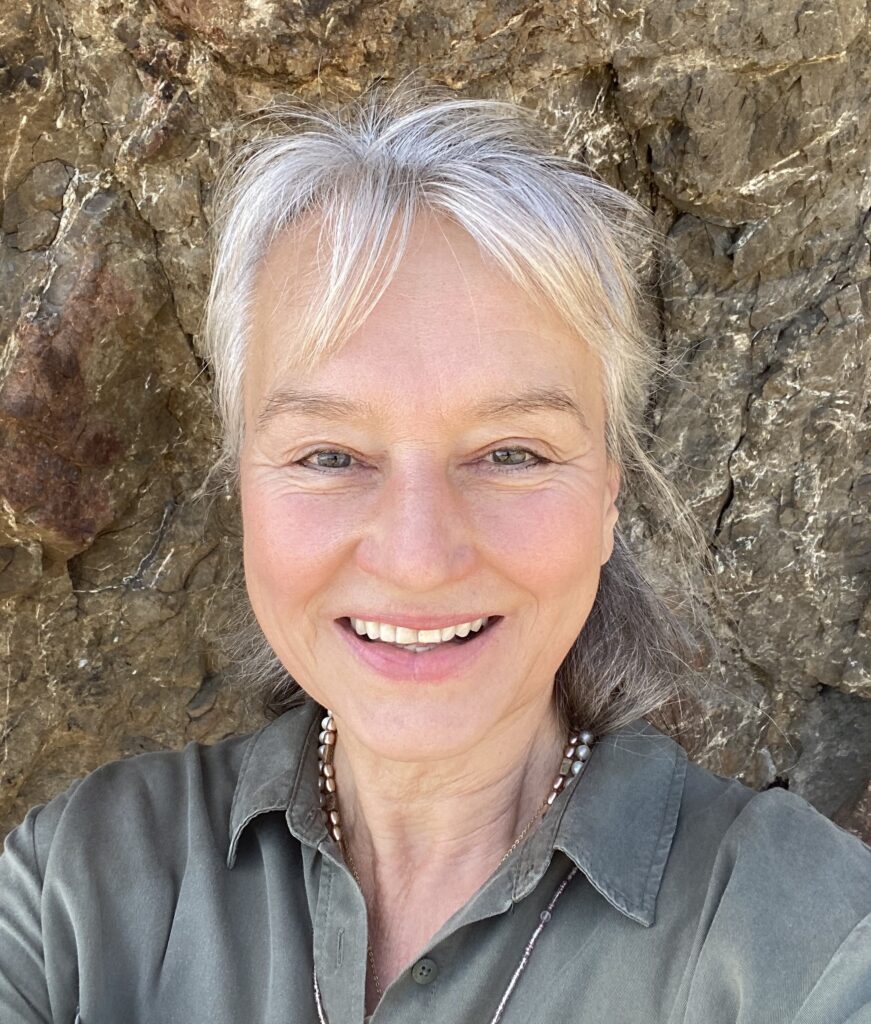
The principles of Naturopathy were already used by the Hippocratic School of Medicine in about 400 BC. The Greek philosopher Hippocrates believed in viewing the whole person in regards to finding a cause of disease, and using the laws of nature to induce cure. It was from this original school of thought that Naturopathy takes its principles.
• The healing power of nature- nature has the innate ability to heal
• Identify and treat the cause – there is always an underlying cause, be it physical or emotional
• Do no harm- a Naturopath will never use treatments that may create other conditions
• Treat the whole person- when preparing a treatment plan, all aspects of a person’s being are taken into consideration
• The Naturopath as a teacher – a Naturopath empowers the patient to take responsibility for his/her own health by teaching self-care
• Identify and treat the cause – there is always an underlying cause, be it physical or emotional a patient’s lifestyle to prevent the onset of further disease
The term “naturopathy” was created from “natura” (latin) and “pathos” (greek), to suggest the elimination of pain through natural remedies, to facilitate “natural healing”. It was created by John Scheel, and established in the 20th century by Benedict Lust, a student of Sebastian Kneipp.
A traditional, classical Naturopath specializes in wellness, and teaches clients how applying natural lifestyle approaches can facilitate the body’s own natural healing and health building potential. A Traditional Naturopath does not “diagnose” or “treat diseases,” but rather recognizes that the majority of unhealthy conditions are due to lifestyle effects, and that the underlying cause of “disease” (or “dis-ease”) is created by diet, unhealthy habits, and environmental factors which cause biological imbalances, leading to a weakening of the bodies’ natural defenses, the immune system, and subsequent deterioration in health.
A Traditional Naturopath guides the client in natural health approaches such as fasting and detoxification, nutritional improvements, the use of herbs, water therapies, aromatherapy, exercise, rest, sunshine, and many other natural health modalities.
The practice of Traditional Naturopathy is not considered practicing medicine and is currently legal in US states, except South Carolina and Tennessee.
The practice of Traditional Naturopathy is recognized as a common occupation at the Federal level (U.S. Congress 1928, 1929, 1930 and 30 Federal Court rulings between 1958 and 1978) and as such it is a profession protected under the 14th and 9th Amendments of the U.S. Constitution. Traditional Naturopathy is legal in Europe and in most other countries.
www.claudiawenning.com
Any information provided in writing, audio, group seminars and individual consultations (phone, internet or in person), is not intended to be a substitute for medical advice, diagnosis or treatment. Please consult your medical professional adviser for that. Claudia Wenning, PhD NM, is a Traditional Naturopath and Functional Medicine Practitioner, not a medical Doctor, and does not diagnose or treat diseases, or prescribe medicine. The information, services and products offered are meant as lifestyle enhancement tools and not to be misunderstood as medical, psychological advice, diagnosis or treatment. She is not licensed toaccept or bill health insurance companies. The material on this site is copyrighted (all rights reserved). No part of this website may be reproduced or transmitted by any means without the written permission of Claudia Wenning. Quantum Level Transformation®- QLT® and Quantum Level Health ™ are registered or trademarked. All photos are by Claudia Wenning, public domain or marked with name of owner. By exploring this website you agree to all the above.
WhatsApp us!